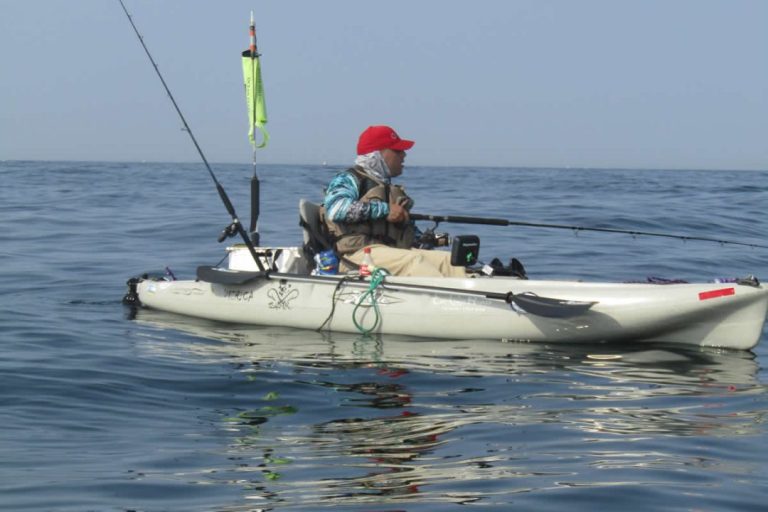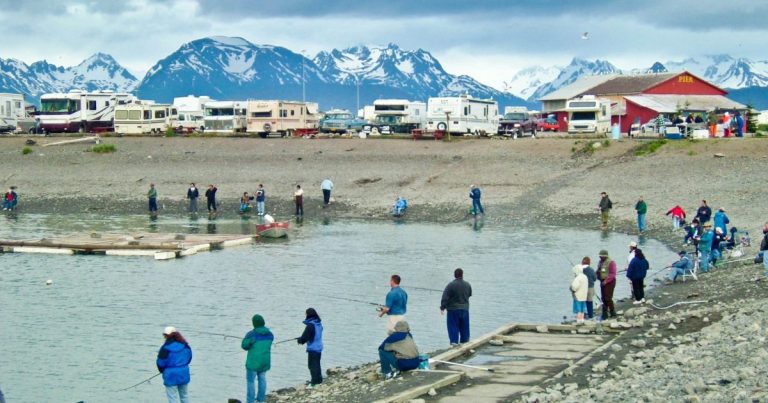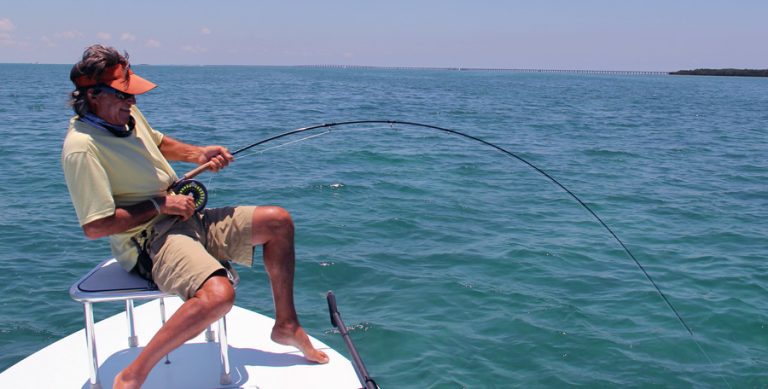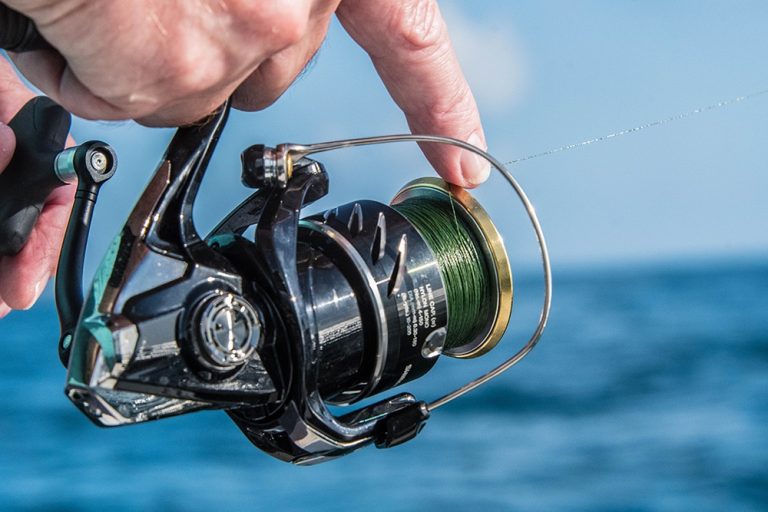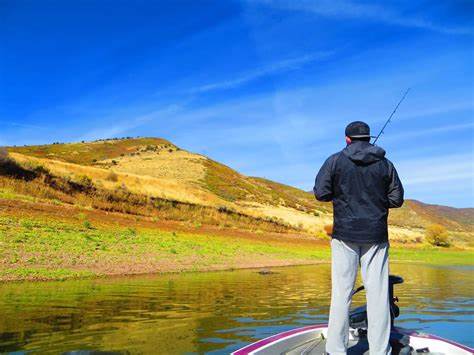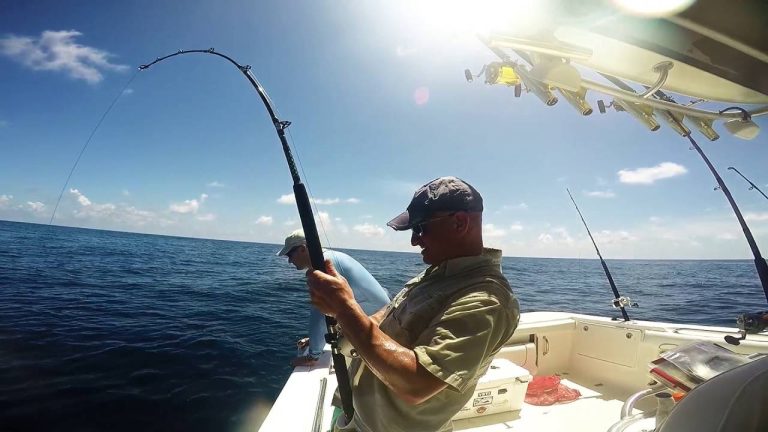Kentucky and Tennessee share some of America’s most treasured fishing waters, including Kentucky Lake and Lake Barkley. For anglers, understanding the license reciprocity agreements and specific regulations that govern these border waters is essential for both legal compliance and maximizing fishing opportunities. This comprehensive guide clarifies the often confusing requirements for fishing these shared waterways.
Reciprocal License Agreements: The Fundamentals
The border waters between Tennessee and Kentucky feature specific zones where fishing licenses from either state are recognized, allowing anglers more flexibility without purchasing multiple licenses. However, these agreements come with important geographic limitations and regulatory nuances.
Reciprocal license recognition applies to:
- Kentucky Lake between Eggners Ferry Bridge (US 68 & KY 80) and the Governor Ned McWhorter Bridge (I-40)
- Lake Barkley from the US 79 bridge downstream to the downstream end of the Cumberland River Lock and Dam
- Most embayments and tributaries within these zones
Important exception: The Blood River embayment on Kentucky Lake is excluded from reciprocal agreements and requires adherence to Kentucky-specific regulations.
Geographic Boundaries in Detail
Understanding the exact boundaries where reciprocal agreements apply is crucial for legal compliance. Below is a detailed breakdown of the recognized border waters:
| Waterway | Upstream Boundary | Downstream Boundary | Special Exclusions |
|---|---|---|---|
| Kentucky Lake | Eggners Ferry Bridge (US 68/KY 80) | Gov. Ned McWhorter Bridge (I-40) | Blood River embayment |
| Lake Barkley | US Highway 79 bridge | Cumberland River Lock and Dam | None specified |
When fishing these border waters, anglers should maintain awareness of their location relative to these boundaries, as moving beyond them requires the appropriate state-specific license.
Regulatory Compliance: Which State’s Rules Apply?
Perhaps the most confusing aspect of fishing border waters is determining which state’s regulations apply to your fishing activities. The basic principle is straightforward but requires attention:
“When fishing reciprocal waters, anglers must adhere to the size and creel limits of the state in which they are physically located, regardless of which state’s license they possess.”
This means:
- A Tennessee license holder fishing in Kentucky waters must follow Kentucky’s fishing regulations
- A Kentucky license holder fishing in Tennessee waters must follow Tennessee’s regulations
- Location is determined by the state where you’re physically standing or boating
Key Regulatory Differences
Understanding the specific differences between Tennessee and Kentucky fishing regulations helps anglers avoid accidental violations. Below are some notable differences for popular game fish species:
| Species | Kentucky Regulations | Tennessee Regulations |
|---|---|---|
| Largemouth Bass | 15″ minimum length, 5 daily creel limit | 15″ minimum length, 5 daily creel limit in most waters |
| Crappie | 10″ minimum length, 20 daily creel limit | 10″ minimum length, 15 daily creel limit |
| Striped Bass | 15″ minimum length, 5 daily creel limit | 15″ minimum length, 2 daily creel limit |
| Catfish | No minimum length, 15 daily creel limit (channel) | No minimum length, 5 daily creel limit (channels) |
For the most current and complete regulations, visit the Tennessee Wildlife Resources Agency and Kentucky Department of Fish & Wildlife Resources websites.
Additional Permits and Requirements
Beyond the basic fishing license, anglers should be aware of additional permits that may be required when fishing Tennessee-Kentucky border waters:
Trout Fishing Permits
Tennessee requires a supplemental permit for trout fishing in addition to a basic fishing license. This applies to designated trout waters, including some that may feed into the larger lake systems.
You can obtain a Tennessee trout permit through the TWRA’s online licensing system or through US Fishing Licenses.
Boating Requirements
Both states maintain specific boating regulations that affect anglers:
- Tennessee requires boating safety certification for operators born after January 1, 1989
- Kentucky requires safety equipment including life jackets, fire extinguishers, and navigation lights
- Both states enforce no-wake zones in designated areas, including around marinas and boat launches
For complete information on boating requirements, visit the TWRA Boating and Kentucky Boating information pages.
Special Regulations for Kentucky Lake and Lake Barkley
These major reservoirs have specific regulations designed to protect and enhance their renowned fisheries:
Kentucky Lake Special Regulations
- Commercial fishing restricted zones exist in certain areas, particularly around major tributaries
- Jug fishing and limb lines have specific restrictions regarding number of hooks and required identification
- Trotlines must be properly tagged with the owner’s name and address in both states
Lake Barkley Special Considerations
- Lock usage restrictions apply when navigating through Cumberland River Lock and Dam
- Wildlife Management Areas around portions of Lake Barkley may have special regulations or seasonal restrictions
- Asian carp regulations encourage harvest with no limits for silver, bighead, and black carp
Dock and Structure Permits
For lakefront property owners, understanding dock and pier regulations is essential:
TVA Section 26a Regulations
The Tennessee Valley Authority (TVA) administers Section 26a permits for all structures along Kentucky Lake and Lake Barkley shorelines. These regulations include:
- Maximum dock size limitations
- Roofing restrictions for certain areas of Kentucky Reservoir
- Minimum distances between neighboring structures
- Environmental impact considerations
Property owners should consult the TVA’s Section 26a Regulations page before planning any shoreline construction.
Enforcement and Penalties
Wildlife officers from both Tennessee and Kentucky have jurisdiction to enforce fishing regulations in reciprocal waters:
- Officers can inspect licenses, boats, and catches regardless of which state issued your license
- Violations may result in fines ranging from $50 to $1,000 depending on the severity of the offense
- Multiple or serious violations can result in license suspension or revocation
- Equipment used in violations (including boats) may be subject to confiscation
Practical Tips for Border Water Anglers
To ensure compliance and enjoyment when fishing Tennessee-Kentucky border waters:
- Carry physical proof of your fishing license at all times
- Download mobile applications from both TWRA and KDFWR for quick reference to regulations
- Use GPS or mapping applications to determine which state’s waters you’re currently fishing
- Check for seasonal changes in regulations before each fishing trip
- Review reciprocal agreements annually as boundaries and terms may change
License Purchasing Options
Tennessee Fishing Licenses
Tennessee offers various license types, including annual, lifetime, and short-term options for both residents and non-residents:
- Annual Fishing License: $34 for residents, $81 for non-residents
- 1-Day Fishing License: $6.50 for residents, $8.50 for non-residents
- 3-Day Fishing License: Not available for residents, $20.50 for non-residents
Purchase options include:
- Online through TWRA
- Through US Fishing Licenses
- At authorized retailers including Walmart, sporting goods stores, and county clerk offices
Kentucky Fishing Licenses
Kentucky also offers various license options:
- Annual Fishing License: $23 for residents, $55 for non-residents
- 1-Day Fishing License: $7 for residents, $15 for non-residents
- 3-Day Fishing License: Not available for residents, $35 for non-residents
Purchase options include:
- Online through Kentucky Fish & Wildlife
- Through US Fishing Licenses
- At authorized retailers and county clerk offices
Conclusion
Navigating the license requirements for Tennessee-Kentucky border waters requires understanding reciprocal agreements, geographical boundaries, and varying regulations. By familiarizing yourself with these requirements, you can focus on enjoying some of the finest fishing these states have to offer while remaining in compliance with all regulations.
For specific questions or unique situations, contact the Tennessee Wildlife Resources Agency at (615) 781-6500 or the Kentucky Department of Fish & Wildlife Resources at (800) 858-1549 for clarification.
Remember: While reciprocal agreements offer convenience, the responsibility for knowing and following applicable regulations remains with the angler. When in doubt, the safest approach is to purchase licenses from both states or contact wildlife officials for guidance.
Answer from Perplexity: pplx.ai/share



